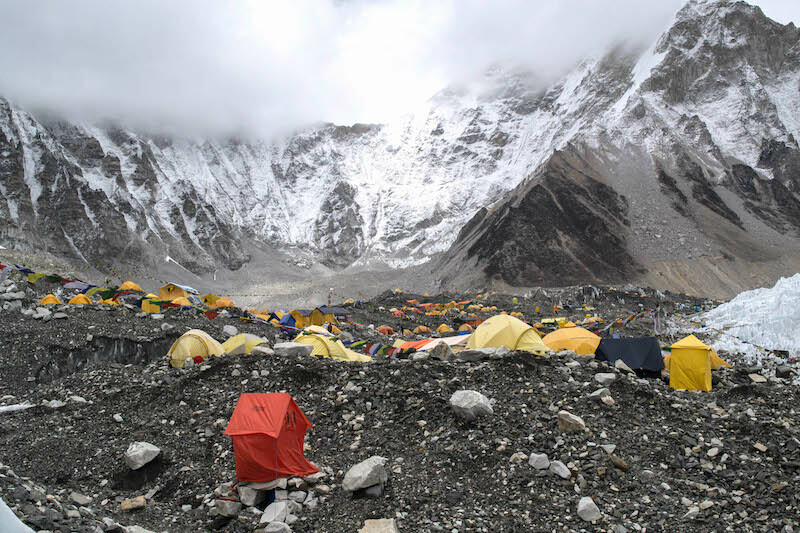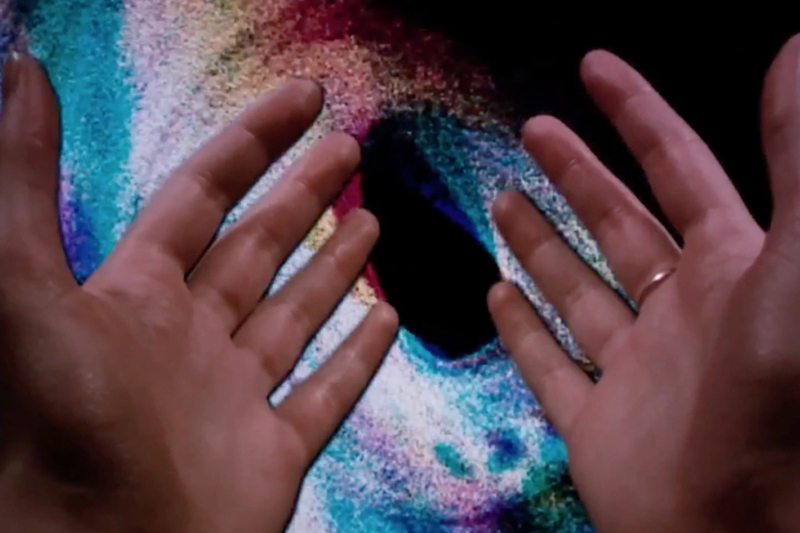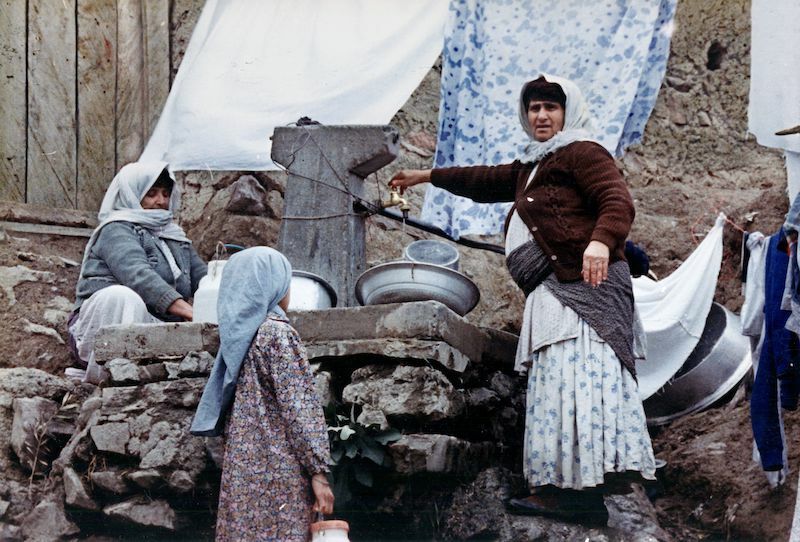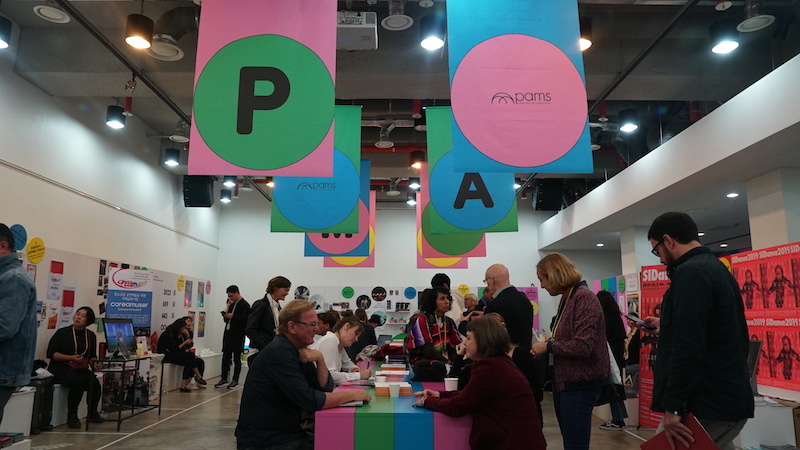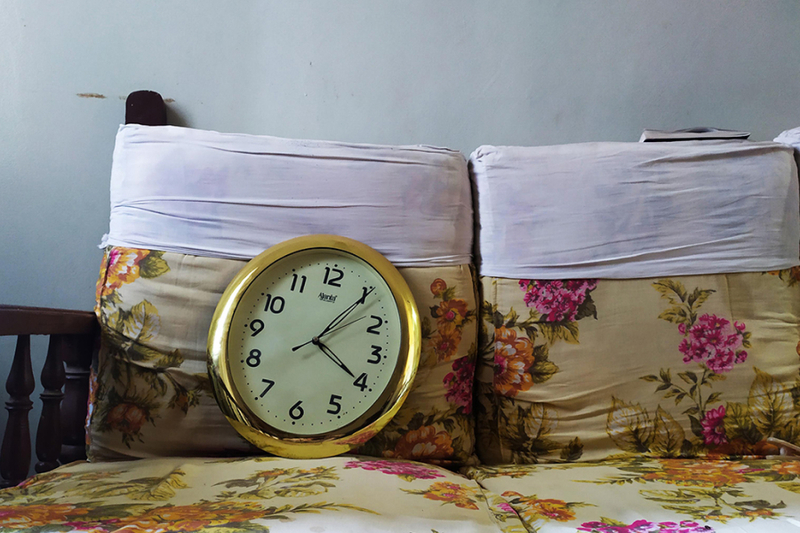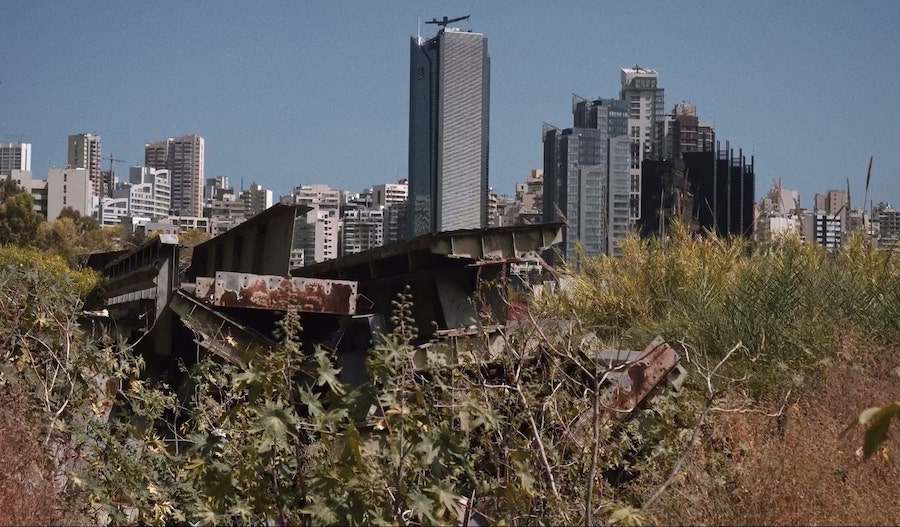
Beirut DC
Directors of five films are trying to find effective ways to cope with the consequences of the disaster. As a result of the explosion on August 4th, 2020, more than 200 people were killed, many were injured, and about 300,000 fled their homes. Beirut, One Year Later programme is available on the Aflamuna platform until August 23rd.
The filmmakers avoid the images of destruction circulated in the media. They use micro-optics and tell stories of survivors and injured people and parts of Beirut that have been destroyed. In the film Declaration of War, Ely Dagher shows the usual course of life, but through the narrative comes the question of how a feeling of disagreement and injustice was replaced by a feeling of normality. Struck begins with gorgeous clouds bearing the stamp of destruction. Everyday dialogues are conducted in the film until the port explodes, then the focus shifts to survivors and their attempts to cope with the present: the disaster exacerbated the problem of corrupt structures that have long been running the city.
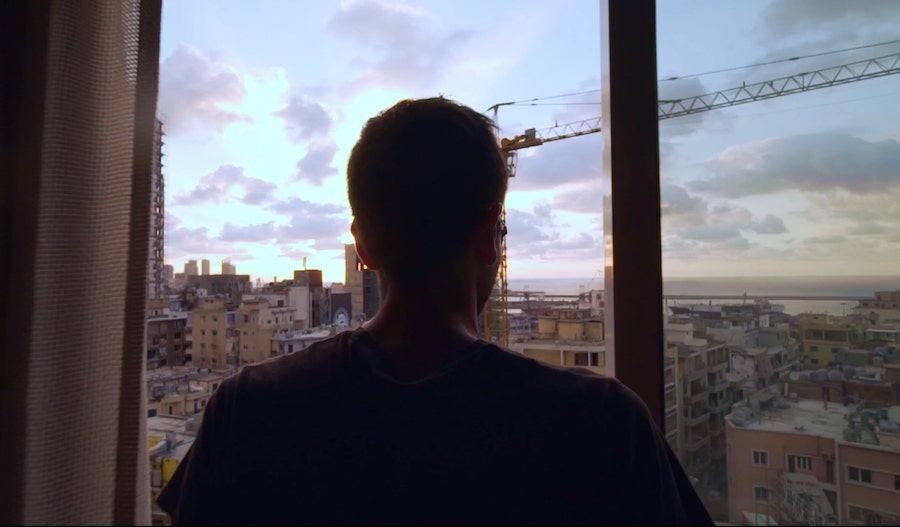
Beirut DC
In Recovery Jean-Claude Boulos, a witness to the incident, to his own bewilderment decided to stay in the city: in the video he walks through the destroyed places with his dog, talking about the socio-economic and political reasons for the explosion. Panos Aprahamian presents a disturbing post-apocalypse world in Odorless Blue Flowers Awake Prematurely. Minerva is about a man who receives a message from his mother about smoke in the port in front of her house. The film conveys how the main hero is eager to help her, his experiences, and attempts to change the situation.
The program is part of Aflamuna's online screenings, Filming Catastrophe, about crises and disasters in the Arab world. Aflamuna (Our Films in Arabic) is a non-profit streaming platform for distributing independent Arab films to audiences around the world.
Read more on the website.
